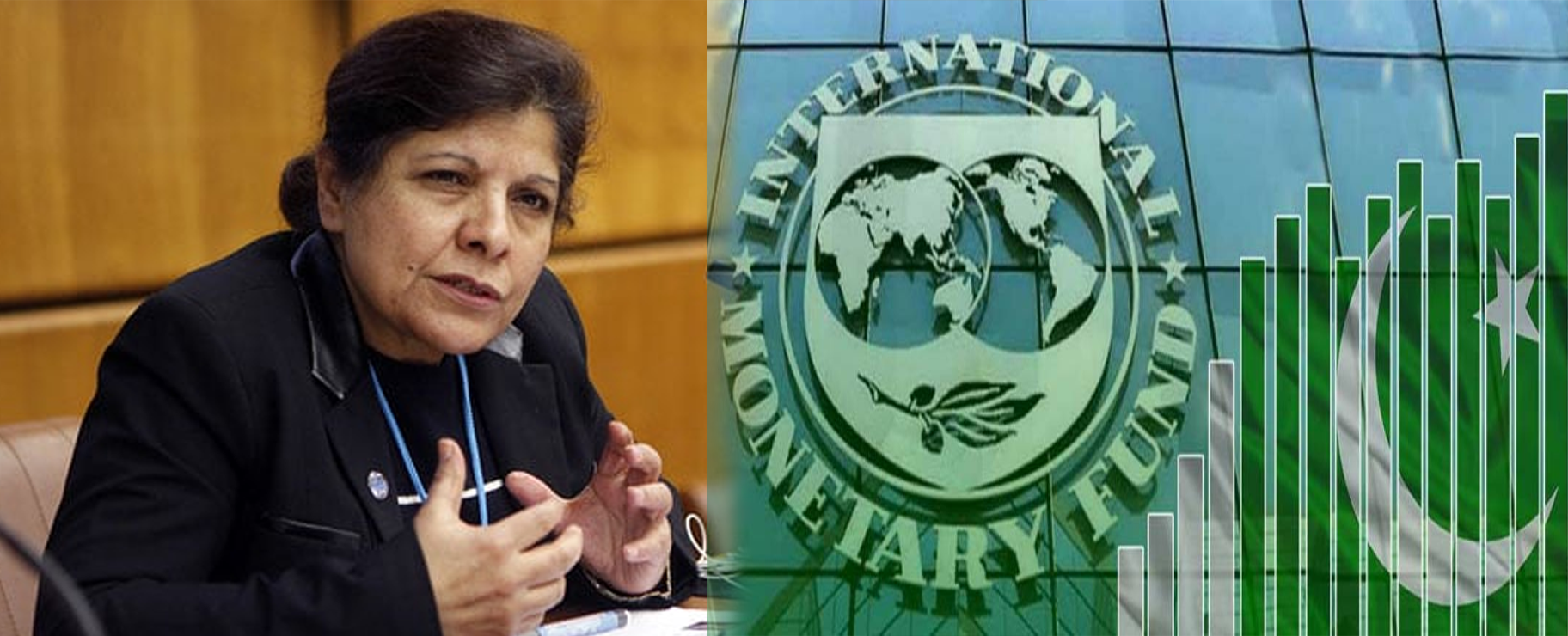PTBP Web Desk
The Federal Board of Revenue (FBR) has reported a substantial surge in withholding tax (WHT) collection from the salaried class, marking a 54.7 percent increase during the fiscal year 2024-25. The collection reached Rs605.593 billion, compared to Rs391.362 billion in the preceding year (2023-24).
According to the FBR’s latest report released on Thursday, the share of withholding taxes in total direct tax collection remained steady at 59 percent in FY2024-25, only slightly below the 60 percent recorded in FY2023-24.
The report highlights that WHT from contracts rose significantly to Rs737.715 billion in FY2024-25 from Rs530.724 billion a year earlier, reflecting an impressive 39 percent increase. Meanwhile, WHT from electricity bills totaled Rs144.371 billion, up by 11.2 percent from Rs129.815 billion last year.
The most remarkable jump came from salaries, where tax collection increased by Rs214.2 billion, representing nearly 55 percent growth. This surge is attributed to the reduction in income tax slabs and the increase in tax rates for each slab. The policy adjustment pushed WHT from salaries to Rs605.6 billion in FY2024-25, compared to Rs391.4 billion in FY2023-24.
FBR noted that this category has now become the second-largest contributor to the country’s overall withholding tax collection. Substantial increases were also recorded from contracts, imports, telephone usage, and exports, further strengthening revenue inflows.
The composition of withholding tax collection reveals that major items contribute about 71.1 percent of the total WHT pool. During FY2024-25, the total WHT collection reached Rs3,381.5 billion, up from Rs2,739.1 billion in the previous year—marking a solid 23.5 percent annual growth.
Despite widespread gains, the report pointed out that bank interest and securities were the only categories to post a decline, with collections dropping by 1.6 percent.
FBR’s analysis shows that 14 of the 15 top WHT components posted positive growth. The tax authority credited policy reforms, such as changes in income tax brackets and improved enforcement mechanisms, for boosting collections from the salaried segment and contractual payments.
The report also indicates that while withholding taxes continue to form the backbone of Pakistan’s direct tax system, a balanced approach is required to ensure that the burden does not disproportionately affect the salaried class. Economists have warned that such policy measures, if sustained without adjustments, could reduce disposable income and slow consumption growth in the formal sector.
Nonetheless, the government views the surge in WHT as a positive indicator of fiscal discipline and an essential step toward enhancing tax-to-GDP ratio. The FBR’s latest figures underscore Pakistan’s ongoing efforts to broaden the tax base and curb revenue shortfalls, especially as the country works to meet commitments under its IMF-supported fiscal reform agenda.




